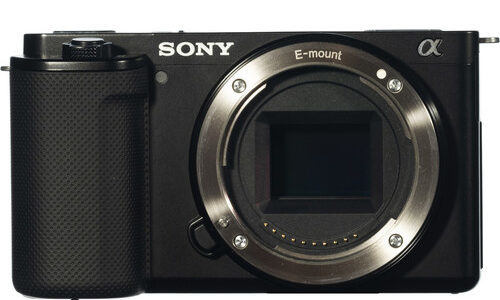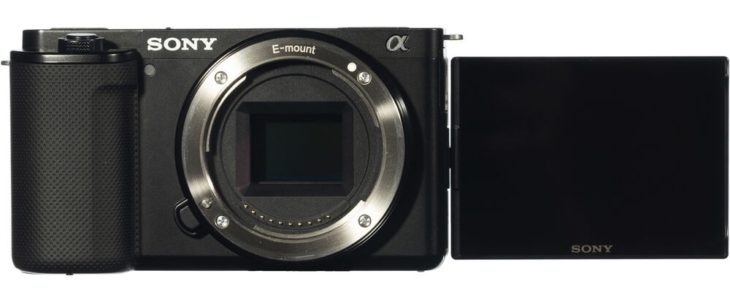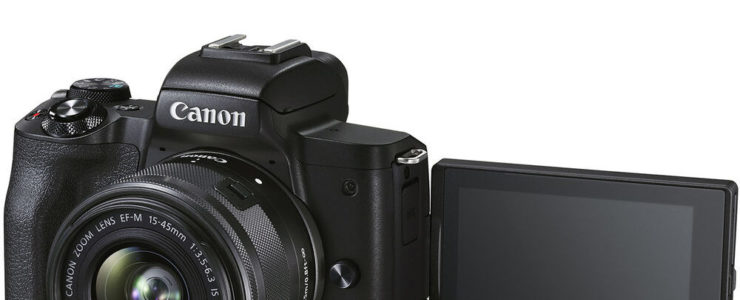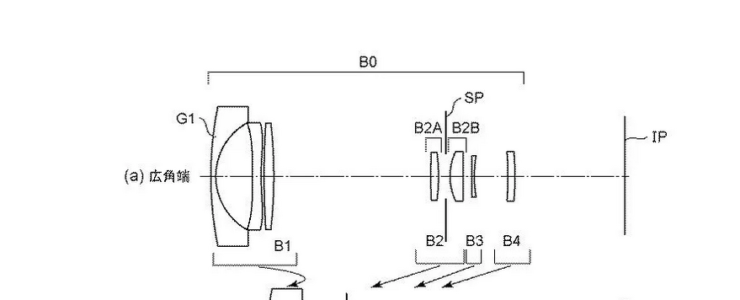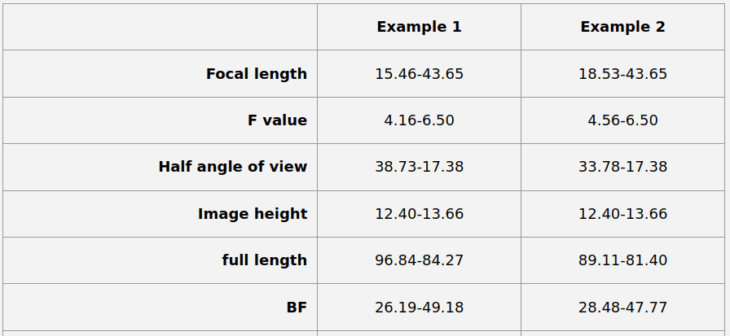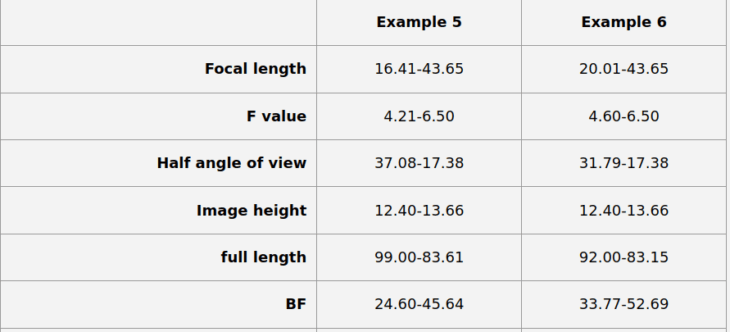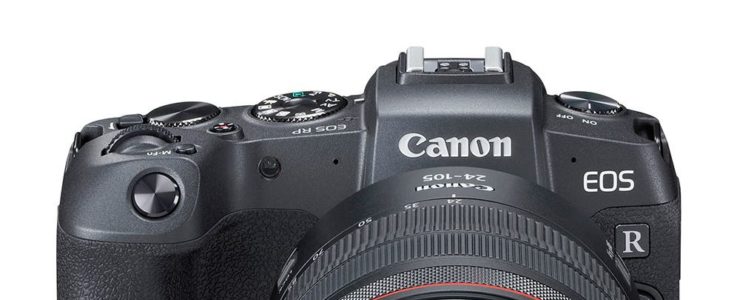We got a curios mail from a source we dealt with in the past. But instead of “never seen features” or “truly innovative sensor”, we got a somewhat different rumor. Well, it’s again about an EOS R with APS-C sensor.
Our source states, I quote, “do not believe the EOS R with APS-C bs [sic]”. Well, we never were sold out on this. However, the source, who claims to have some insights in Canon’s strategies, has a rather interesting argumentation for what he or she claims is Canon’s motivation to not release an EOS R body with APS-C sensor. Simply speaking, Canon doesn’t think there are enough EOS 7D users, or photographers with such needs, to justify the launch of an EOS R model with crop sensor.
To be honest, I never wondered how large the EOS 7D user base was. I know it’s a community with many happy with Canon for having made the two 7Ds. WIld-life photographers and all those on a budget yet needing more reach with their telephoto lenses made a thankful and reliable user base for the EOS 7D lineup. The question is: are they large enough in numbers to motivate Canon to design and build and EOS R with APS-C?
We had some discussion among us and involved some 7D shooters. While there was no clear consensus, we were able to agree (well, at least to a large degree) to the following points:
- Full frame sensor equipped cameras are becoming more and more inexpensive. The EOS RP sells for less than $1000, and an upcoming new entry-level EOS R is rumored to be even less expensive than the RP. It’s no longer a financial hurdle as it used to be. Hence the motivation or need to safe a few bucks with an APS-C sensor might be decreasing.
- Th same applies to telephoto lenses, for instance see the rather unexpected telephoto lenses Canon made with f/11 and sells at a reasonable price
- RF mount lens offering is increasing quickly. No doubt about that, just look at sheer number of patent application.
- For everything amateur level or below an EOS 7D, there is the hugely popular EOS M lineup, which I assure is not going to die anytime soon.
- APS-C technology doesn’t seem to have a great future in the industry, besides on consumer cameras or where space issues and form factor are a critical issue.
- And finally, Canon released the EOS 90D, an APS-C DSLR already far superior to the EOS 7D Mark II and seen by many as the last favor done to hard core professional APS-C shooter before taking them to Canon’s new shiny full frame mirrorless universe.
We are not saying APS-C will disappear in the next few years. The technology still has great potential and given how much crop sensors have evolved with respect to high ISO/noise performance, I am sure we are going to see some very interesting application in the future. Also, keep in mind that if full frame imaging sensor are going to cost less, this is even more true for APS-C sensors.
Curious to learn what you think.


